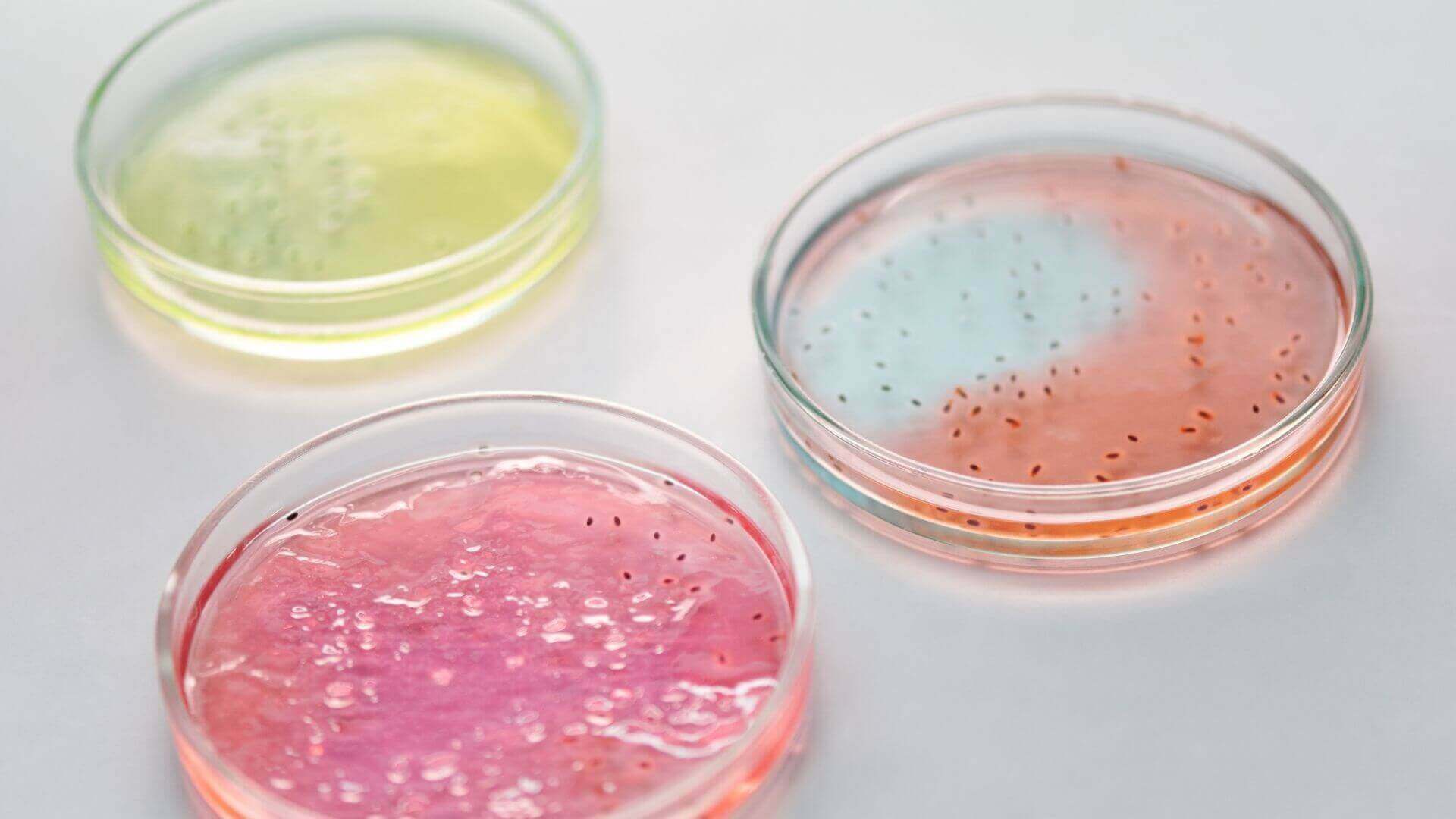Microbiota and male seminal quality
The role of the seminal microbiota in male health, especially in fertility and infertility, is key, taking into account all the scientific literature published to date.
So much so that treatments capable of modulating the state of the seminal microbiota are beginning to be taken into account when fertility processes are underway.
What the science says about male fertility and the microbiota
There are studies that certify the contribution of bacteria in seminal hyperviscosity, generally related to the excess of proteobacteria (a type of bacteria, especially pathogens).
In addition, its contribution to situations of oligoasthenoteratozoospermia has also been confirmed.
Oligoasthenoteratozoospermia is an alteration of the sperm in which the 3 seminal parameters that are usually observed during fertility processes are affected: the concentration, mobility and morphology of the sperm.
Thus, studies determine that seminal hyperviscosity can occur when there is "chaos" due to bacterial dysbiosis, that is, due to the abundance of certain bacterial families compared to others that do not follow a physiological balance.
Generally, these dysbioses cause an increase in pathogens such as Neisseria, Klebsiella and Pseudomonas, due to a continued loss of Lactobacillus and other probiotic agents that should keep pathogens at bay.
Nowadays, thanks to some scientific studies, there is talk that the presence of Anaerococcus in the seminal fluid could already be a biomarker to identify the low quality of the sperm.
Fertility treatments and the male microbiota
Given the expansion of the use of assisted reproduction techniques, all this scientific literature becomes much more relevant.
Until now, almost all interventions focused on women, but today it has already been shown that the sperm quality of men is much worse than it was 20 years ago.
For this reason, it is essential to take new approaches to fertility problems.
Infertility is an increasingly common condition.
How does the microbiota affect male fertility?
Bacteriospermia and seminal leukocyte recruitment, impaired spermatogenesis, sperm function, and genital tract obstruction can affect sperm quality and thus male fertility.
Bacterial presence in semen reduces the concentration and viability of sperm.
The E. Coli bacterium in semen, for example, induces the activation of leukocytes that release proinflammatory and oxidant substances, which involves damage to both the sperm itself, affecting its mobility; as in tissues, affecting their morphology.
However, it is important to note that research on the microbiota of the male genital tract has always lagged behind research on other body sites.
And little or nothing has been studied about the changes that this microbiota develops throughout the life of men. Much remains to be studied, as most data on sperm-bacterial interactions are derived from in vitro studies, under conditions that may not accurately mimic in vivo conditions.
Differences between the male and female microbiota
Semen has a greater diversity of bacteria than the physiological vaginal microbiota. You can see the characteristics and influences of the female microbiota on fertility in this article.
Compared to this, semen is made up of a more complex microbiota composed of Lactobacillus spp., Staphylococcus, Streptococcus, coryneform bacteria and various anaerobic microorganisms.
The microbiota of the male genital tract is mainly that found in the urinary tract, urethra and coronal sulcus.
Thus, although the male genital microbiota shares 85% of the bacterial species with the vaginal microbiota, it is less rich and more diversified.
Interactions between the female and male microbiota in sexual relationships
It has been shown that the male microbiota provokes an adaptive immune response in the cervical tissues of women, which induces a significant change in the vaginal microbiota of women after unprotected intercourse.
In this way, couples come to share healthy but also pathogenic microbiota, contributing to the development of sexually transmitted infections.
It could be thought then that a good microbiota of one of the partners could be used as a treatment and be beneficial for the other, but there is little information on the transmission of bacterial species and beneficial interactions between the microbiota of the couples.
What does seem interesting is that the habitual relationships between two people create a certain shared microbiota to which both bodies adapt.
Their immune systems live in peace with the new balance and this can indeed have an interesting effect and impact on fertility treatments.
Scientific evidence to improve fertility through the microbiota
It has been shown how antimicrobial drugs in the male partners of women with bacterial vaginosis can exert beneficial effects in reducing the recurrence of the disease.
In addition, prebiotic supplementation has shown the ability to improve some semen parameters in both animal models and humans.
In a study, 6-week supplementation with Lactobacillus and Bifidobacterium was evaluated in men with alterations in the seminogram and the improvement in sperm motility was verified, as well as the reduction in the percentage of sperm DNA fragmentation in asthenozoospermic men (with a reduction in the number of motile sperm).
Another study has verified that daily administration of Lactobacillus paracasei, arabinogalactan, fructooligosaccharides and L-glutamine for a period of 6 months improves sperm count and motility and that it manages to reduce the rate of atypical forms.
This evidence may pave the way for new therapeutic strategies for fertility problems, although these hypotheses need to be confirmed with larger studies.
Now that we know the importance of the microbiota in men, the question is, how can I improve it? For this, we recommend you see strategies to improve the microbiota and promote fertility in this other article.
Do you want to know what your microbiota is like? With this test you can do it from home, the laboratory will sequence all the DNA of your microbiota and you will have a personalized profile of your flora. MICROBIOTIC TEST
It may interest you:

